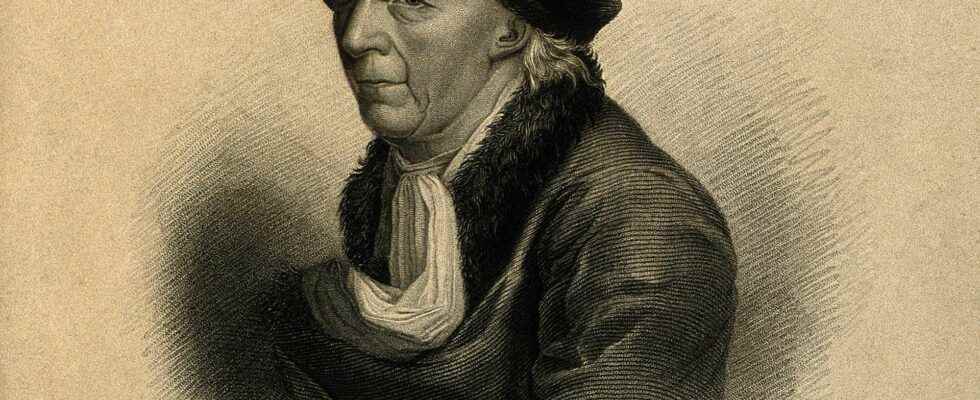Prime numbers, like 2, 3, 5.7, 11, etc., have no proper divisor; that is, other than 1 and themselves. They have fascinated for a long time. In particular, mathematicians have sought formulas giving them.
In this sense, the great mathematician of the XVIIIe century, Leonhard Euler (1707-1783), noticed that x2 + x + 41 is a prime number for integer x ranging from 0 to 39.
Question: What is an Euler lucky number?
Here is the list: 41, 43, 47, 53, 61, 71, 83, 97, 113, 131, 151, 173, 197, 223, 251, 281, 313, 347, 383, 421, 461, 503, 547 , 593, 641, 691, 743, 797, 853, 911, 971, 1033, 1097, 1163, 1231, 1301, 1373, 1447, 1523, 1601. More generally, this formula provides a large amount of prime numbers. For example, for x = 42, it provides 1.847 which is a prime number.
Answer :
François Le Lionnais (1901-1984), the founder and first president of the Oulipo, the workshop of potential literature, a movement literary very close to mathnamed “lucky numbers ofEuler » the numbers A, such as x2 + x + A, be one Prime number for x integer varying from 0 to A – 2. Euler had found six of them: 2, 3, 5, 11, 17 and 41. In 1967, Harold Mead Stark (born in 1939) showed that Euler had found them all.
Learn more about Hervé Lehning
Normalien and agrégation in mathematics, Hervé Lehning taught his discipline for a good forty years. Crazy about cryptography, member of the Association of encryption and information security reservists, he has in particular pierced the secrets of Henri II’s cipher box.
- His blog MATH’WORLD on Futura
- the latest book by Hervé Lehning :
Also to discover: The universe of secret codes from Antiquity to the Internet published in 2012 by Ixelles.
Interested in what you just read?
Subscribe to the newsletter Fun math : every week, Futura deals with a math question for the enjoyment of 7 to 77 year olds. All our newsletters
